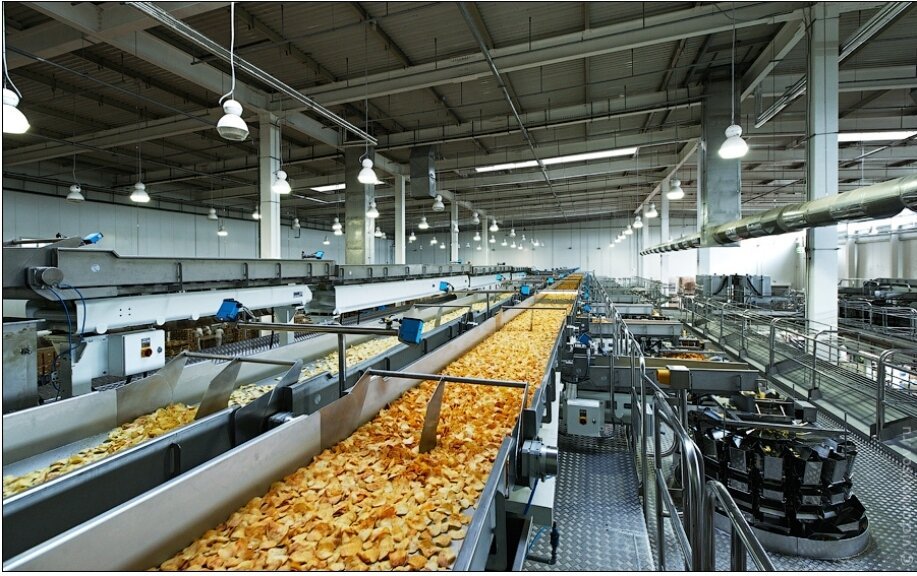The food and beverage industry is undergoing a seismic shift with the integration of automation and smart factory technologies. These innovations are revolutionizing production lines, streamlining processes, and improving quality control. At the heart of this transformation are advanced materials, such as stainless steel (SS) plates, which are critical in building hygienic, durable, and efficient machinery essential for modern food processing.
The Role of Automation and LOT in Food Processing
Automation has become a cornerstone in food factories, enhancing speed, consistency, and scalability. By incorporating the Internet of Things (IoT), food production lines are now more connected and responsive than ever before. IoT-enabled sensors track real-time data, such as temperature, humidity, and machinery performance, ensuring optimal conditions at every stage of the process.
For instance, automated conveyor systems made with SS 304 plates offer corrosion resistance and durability, making them ideal for handling raw food items. Similarly, SS 316 plates, known for their excellent resistance to chemicals and salt, are extensively used in food factories dealing with sauces, marinades, and salty products. These materials ensure long-lasting performance while maintaining the stringent hygiene standards required in the food and beverage industry.
Smart Sensors and Robotics in Packaging and Quality Control
Modern food factories are leveraging smart sensors and robotics to revolutionize packaging and quality assurance. Robotics ensures precision in packaging, reducing human error and waste, while sensors monitor for contaminants, defects, or inconsistencies in real time.
The role of stainless steel here cannot be overstated. Machine components crafted from SS 321 plates, a grade resistant to high temperatures, are used in heat-intensive processes like sterilization and baking. Stainless steel surfaces also undergo electropolishing to enhance their smoothness, preventing bacterial growth—a critical factor in maintaining food safety.
Benefits of Smart Factories for Food Manufacturers
Smart factories powered by automation and IoT offer a multitude of benefits to food manufacturers. These include increased efficiency, reduced operational costs, and enhanced product quality. Predictive maintenance systems, enabled by IoT, notify operators of potential machine issues before they result in downtime, ensuring uninterrupted production.
To support these advancements, manufacturers like Duplex Steel & Alloys provide high-grade SS plates tailored to meet the unique requirements of the food processing sector. Whether it’s for machinery frameworks, piping systems, or storage tanks, they offer solutions designed to deliver reliability and compliance with industry standards. For detailed specifications, you can visit Duplex Steel & Alloys for more information.
The Future of Food Processing with Automation
As consumer demands shift towards healthier, safer, and more sustainably produced food, the adoption of automation and smart technologies will only grow. With stainless steel plates forming the backbone of this innovation, the food and beverage industry is well-equipped to meet these evolving needs. From ensuring hygiene to withstanding rigorous operational conditions, stainless steel, in grades like SS 304, SS 316, and SS 321, continues to empower the next generation of food factories.
Automation, combined with robust materials, is not just a trend but a necessity for manufacturers aiming to stay competitive. The integration of IoT and robotics is paving the way for smarter, more sustainable food production—ensuring a future where quality, efficiency, and safety go hand in hand.



